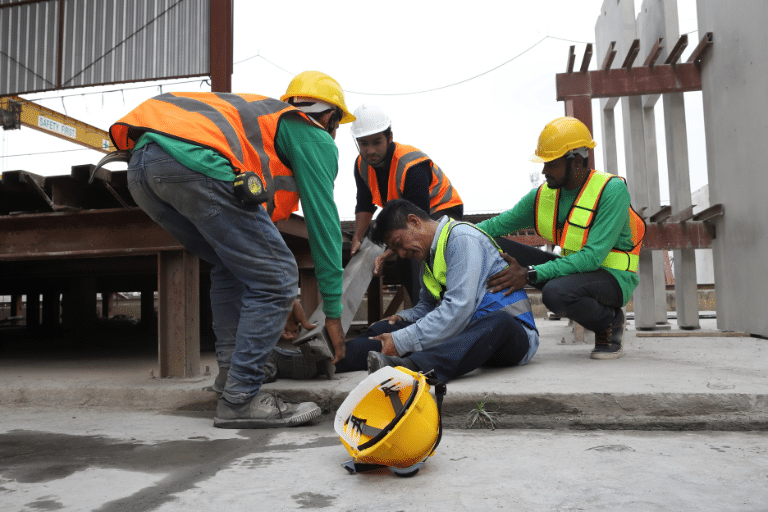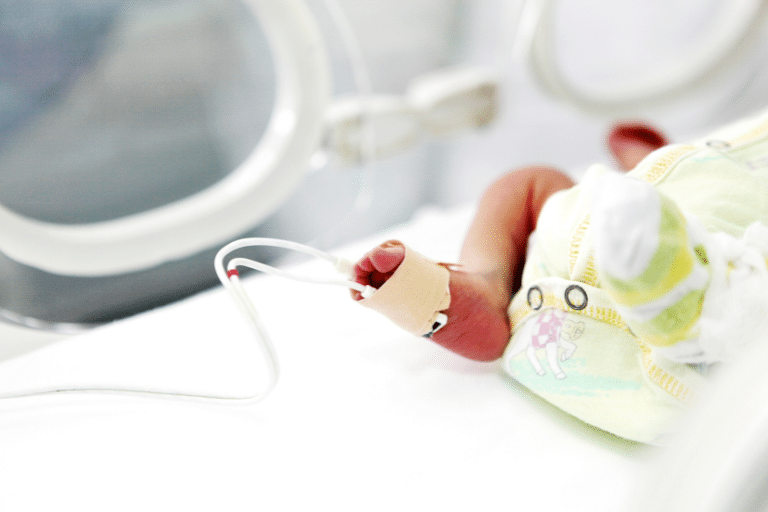The question “Am I my brother’s keeper?” was first posed in the book of Genesis by Cain after God asked where his brother Abel was, whom Cain had killed.
Throughout time, that question remains at the cornerstone of our moral obligation to people who are less fortunate and/or vict ims of oppression and/or injury.
Yesterday, I had the profound experience of participating at John Carroll University’s first Holocaust Remembrance Day service.
This memorial ceremony was led by David Markovich, the founding president of Hillel at John Carroll, a Jewish student group. I was one of six individuals whom David invited to read a story of a Holocaust victim and light a candle in their memory.
The story I told to an audience of John Carroll University faculty, administrators, students and community members in the Dolan Science Center had to do with a four-year-old Dutch boy named Abraham Beem. In 1941, when the Nazis took control of the Netherlands, the persecution and murder of Jewish citizens escalated.
To escape certain death, Abraham’s parents sent him to a rural countryside village where the young boy lived as a member of a Christian family and took the name Jan de Witt. The German SS was relentless, and in 1942 discovered Abraham’s true identity. He and his sister Eva were sent to Auschwitz where they were immediately murdered.
This was one of six stories that were told at the Holocaust Remembrance Day service at John Carroll University, and these six stories represented six million stories of those who were killed in the Holocaust.
“This event is very dear to me because my family hails from the former Soviet Union and I come from a long line of Holocaust survivors,” David Markovich said. “I was very close with my grandfather who passed away six months ago, so I look at this as something in honor of my grandfather. It’s very important for the John Carroll community and for me personally.”
While the horrors of the Holocaust remain an isolated historical event in some people’s minds, yesterday’s Holocaust Remembrance Day ceremony drove home the answer to the question “Are we our brothers’ keepers?”
The answer is absolutely we are. We all have a moral obligation to not only be aware of our current events, but moreover we must act upon them. Whether that means petitioning our elected officials to do the right thing or personally take action in contributing financial support, protesting against injustices, and defending victims of oppression.








